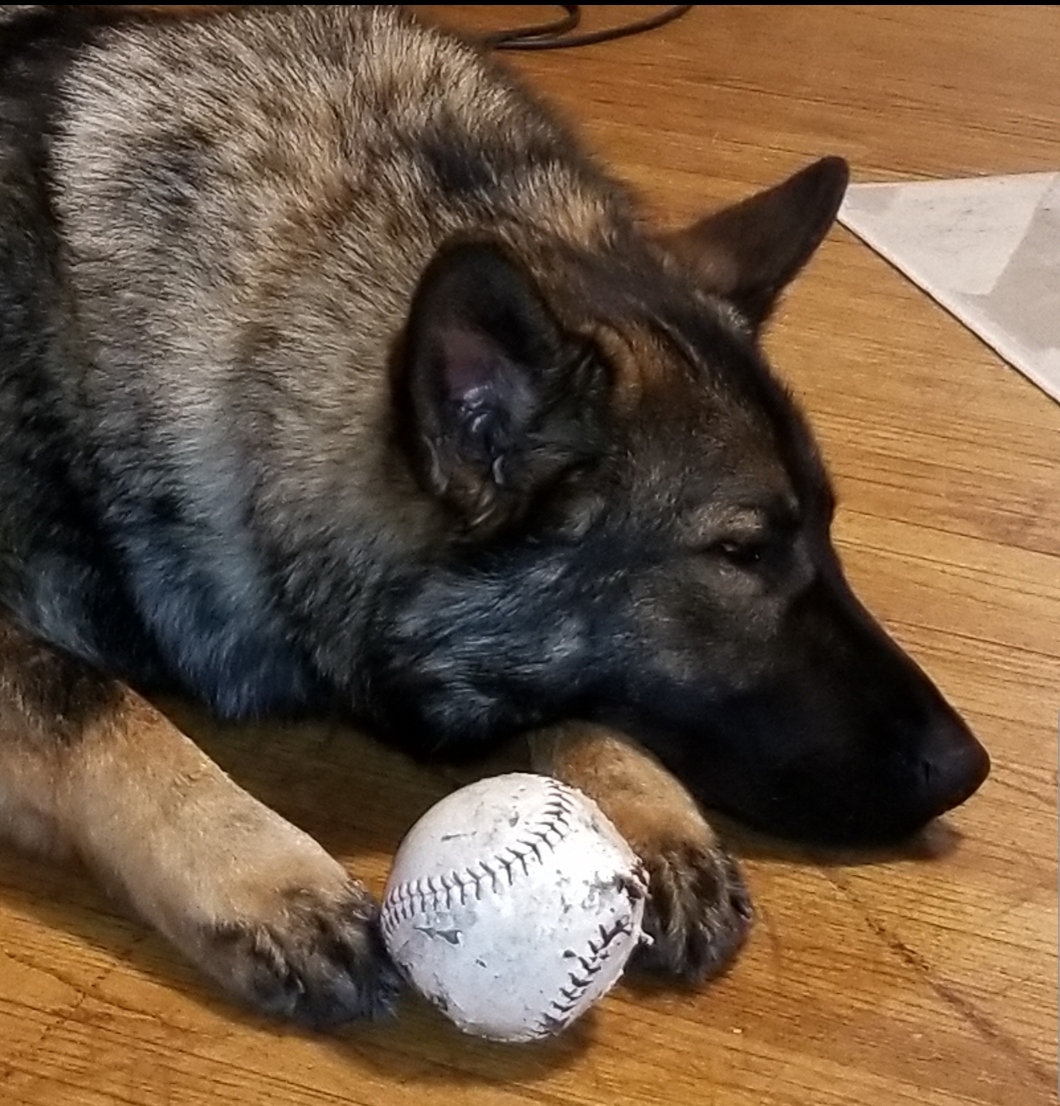“I have a 10 week old puppy, but I'm hearing that his breed is stubborn, hard to train, and possessive.”
Wow.
That’s a lot of labels to put on a baby.
The trouble with labels
You see, if you label someone - he’s arrogant, she’s bossy, he’s a naughty child, and so on - this becomes a self-fulfilling prophecy!
Every time you have dealings with that person you’ll be running everything they say and do through a filter to check whether it’s arrogant, or bossy, or naughty.
All you will be aware of is the moments when you score a hit!
Yes! That remark was arrogant! That proves he’s an arrogant man.
But don’t we all say something sometimes that could be interpreted as arrogant, or bossy, or naughty?
That means you’d tar us all with the same brush!
And, in any case, how helpful is this?
How about some NICE labels instead?
How about filtering for proof of niceness?
You’ll come up with some very different results!
Imagine while you’re talking to this (arrogant) man, you are listening out for generosity, humility, gentleness?
You’re going to find some surprises!
Back to dogs …
Don't listen to all the bad things people say about your chosen breed.
There is more variation between individuals than between breeds
People like to say these things to blame the dog and account for their own failure! If it’s the dog’s fault, because of its inherent failings, then it can’t be their fault.
It’s a simple case of shovelling the blame off onto someone else. They reared a dog to be stubborn, hard to train, and possessive - but it’s easier to blame the dog.
And why on earth would you want to do this to a new puppy, who has his whole life with you ahead of him?
Why would you want to reinforce the idea that your puppy is stubborn, hard to train, possessive?
Would your time not be better spent in understanding your puppy?
🐾 Understanding what he’s telling you when he won’t do what you think you’re asking?
🐾 Understanding why he wouldn’t want to enjoy time with you?
🐾 Understanding why he’s afraid?
Your new puppy is a blank canvas
It’s up to YOU to decide how you’d like him to be, then encourage everything that looks anything close to that.
It’s equally up to you not to listen to ignorant nonsense about your dog’s breed or type, spouted by those who have failed to manage such a dog.
While it’s true that certain breeds have certain genetic traits, like herding, or guarding, or hunting, none of these preclude a successful partnership!
After all, many of those specially-bred dogs are working dogs. And they can achieve astonishing levels of reliable performance.
Think Obedience and Agility Champions, sheepdogs, protection dogs, search dogs, medical alert dogs …
Once the sensitive owner understands these genetic traits, and their strength in their individual dog, they can work with the dog to satisfy both of the training partners.
So don’t label your dog!
Allow him to unfold before you like a beautiful flower. Accept what he is without trying to categorise him.
That way you’ll have a wonderful life ahead of you!
to help you see the different characteristics of different breeds -
and what a combination could result in!





